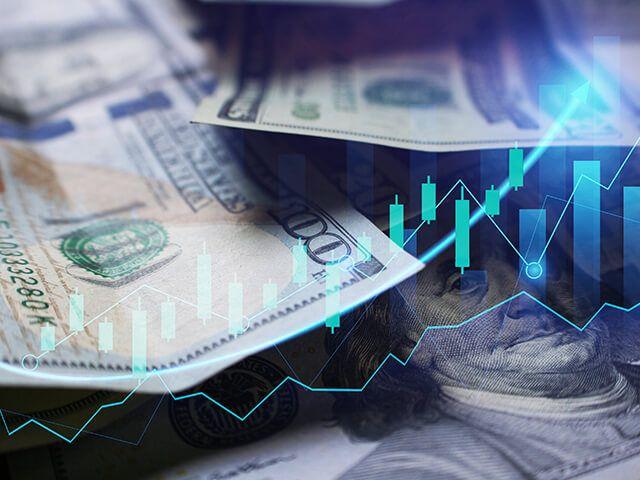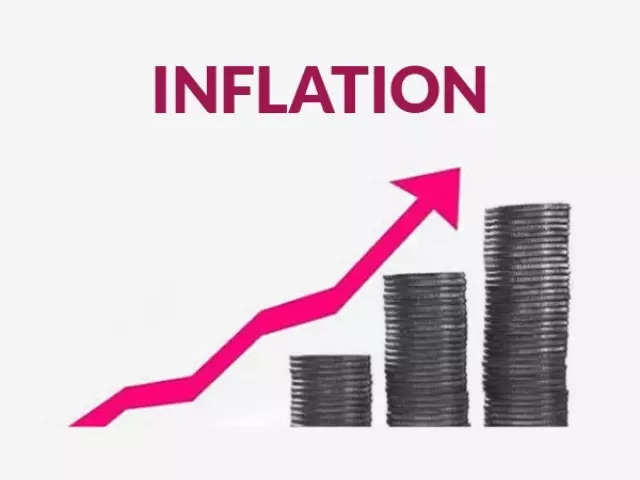Different Types of Inflation
July 27, 2023

Inflation is a complex economic concept that has a profound impact on our daily lives, yet it remains largely misunderstood by many. As prices rise and the purchasing power of money declines, inflation affects everything from groceries to housing costs, making it a critical aspect of the economy to comprehend. This comprehensive guide aims to demystify inflation, its causes, effects, and its significance in the broader economic landscape.
- What is Inflation?
Inflation refers to the sustained increase in the general price level of goods and services over a specific period. When inflation occurs, each unit of currency buys fewer goods or services than before. It is typically measured through various indices, such as the Consumer Price Index (CPI) or the Producer Price Index (PPI). Governments and central banks closely monitor inflation rates as part of their efforts to maintain economic stability.
- Types of Inflation
Understanding the different types of inflation is crucial to grasp its various implications. There are mainly four types of inflation:
a) Demand-Pull Inflation: This occurs when aggregate demand in an economy exceeds its aggregate supply, leading to a rise in prices.
b) Cost-Push Inflation: Here, rising production costs, such as increased wages or raw material prices, force businesses to raise prices to maintain their profit margins.
c) Built-in Inflation: This type of inflation is rooted in the expectation of future price increases. Businesses and workers adjust their prices and wages based on anticipated inflation, creating a self-fulfilling prophecy.
d) Hyperinflation: This is an extreme and rare form of inflation, characterized by an uncontrollable surge in prices, rendering the country’s currency nearly worthless.
- Causes of Inflation
Inflation is a multifaceted phenomenon, influenced by several factors. Some of the primary causes of inflation include:
a) Monetary Factors: One of the most significant contributors to inflation is an increase in the money supply within an economy. When there is more money available, it diminishes the currency’s value, leading to rising prices.
b) Fiscal Policy: Government spending, taxation, and borrowing policies can also impact inflation. Increased government spending or reduced taxes can boost consumer demand and stimulate inflation.
c) Supply Constraints: Limited availability of essential resources or disruptions in supply chains can lead to cost-push inflation, where producers raise prices due to higher input costs.
d) Exchange Rates: Currency devaluation or depreciation relative to other currencies can make imports more expensive, contributing to inflation.
- Effects of Inflation
Inflation has both positive and negative effects on various aspects of the economy and society:
a) Positive Effects: Mild inflation can encourage spending and investment as people are motivated to purchase goods and services before prices increase further. It can also help reduce the burden of debt for borrowers.
b) Negative Effects: High and unpredictable inflation erodes the purchasing power of consumers, leading to reduced standards of living. It discourages long-term investments and savings as people opt for inflation-hedging assets. Additionally, fixed-income earners, such as pensioners, suffer from diminished real income.
c) Economic Uncertainty: Inflation can create economic uncertainty, making it challenging for businesses to plan and make long-term decisions.

- Controlling Inflation
Governments and central banks employ various tools to control inflation and maintain price stability. Some common measures include:
a) Monetary Policy: Central banks use interest rates and reserve requirements to regulate the money supply and influence inflation rates.
b) Fiscal Policy: Governments can adjust tax rates and public spending to influence aggregate demand and curb inflation.
c) Supply-Side Policies: Encouraging investment in infrastructure, education, and technology can enhance productivity and mitigate cost-push inflation. Come and visit Bible Keeper to find out more about the different types of inflation.
Conclusion
Inflation is an intricate economic phenomenon with far-reaching consequences that impact individuals, businesses, and governments alike. As a beginner, understanding the basics of inflation, its causes, and effects is essential to make informed financial decisions and participate in discussions about economic policies. By actively monitoring inflation rates and the measures implemented to control it, individuals can better navigate the ever-changing economic landscape and secure their financial future.





Recent Comments